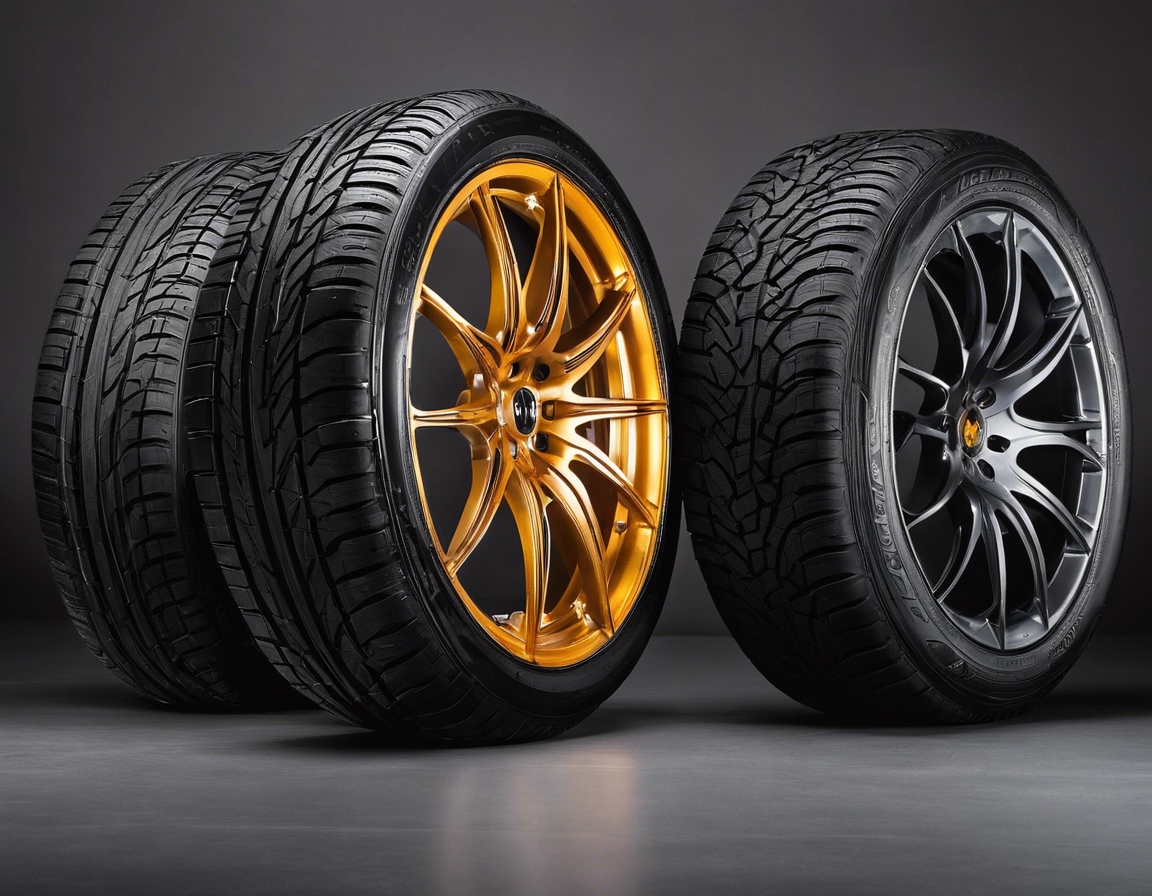The ultimate guide to choosing passenger cars
Passenger cars come in various shapes and sizes, each designed to meet specific needs and preferences. From compact hatchbacks perfect for city driving to spacious SUVs for family outings, the options are plentiful. Sedans offer a balance of comfort and efficiency, while coupes provide a sportier aesthetic. Luxury vehicles cater to those seeking premium features and performance.
Before diving into the vast market of passenger cars, it's crucial to assess your personal or business needs. Consider factors such as the number of passengers, typical usage, driving conditions, and desired features. This initial assessment will guide you in making an informed decision tailored to your lifestyle or business requirements.
Factors to Consider When Choosing a Passenger Car
The size of the vehicle and the number of seats are fundamental considerations. A larger family may require a minivan or an SUV with third-row seating, while a single professional might opt for a compact car. Think about cargo space as well, especially if you plan to carry luggage or equipment regularly.
Engine performance and fuel economy are critical factors, particularly with fluctuating fuel prices. Evaluate the car's powertrain options and consider hybrid or electric models for better efficiency and environmental impact.
Safety should never be compromised. Look for cars with high safety ratings and advanced safety features such as automatic emergency braking, lane departure warnings, and adaptive cruise control. These technologies can significantly reduce the risk of accidents.
Comfort is key, especially for those who spend a lot of time on the road. Assess the quality of the seats, climate control, and the overall ergonomics of the car. Convenience features like keyless entry, remote start, and power-operated trunks can also enhance your driving experience.
Modern cars are equipped with a range of technological advancements. Consider the infotainment system, smartphone integration, and navigation options. Connectivity features such as Bluetooth, Wi-Fi hotspots, and USB ports add to the convenience and enjoyment of your vehicle.
Research the reputation of the car manufacturers and read reviews from current owners. Reliability is a crucial aspect, as it affects the longevity and maintenance costs of the vehicle. Opt for brands known for their quality and dependability.
Consider the car's depreciation rate and resale value. Some models retain their value better than others, which can be beneficial if you plan to sell or trade in the future. Also, factor in the cost of insurance, maintenance, and repairs over the car's lifespan.
Understanding Car Financing and Budgeting
Explore the various financing options available, including loans, leases, and cash purchases. Understand the terms and conditions of each to determine the most cost-effective choice for your situation.
When budgeting for a new car, calculate the total cost of ownership, which includes the purchase price, financing costs, insurance, fuel, and maintenance. This comprehensive view will help you make a financially sound decision.
Set a realistic budget that accounts for all expenses associated with owning a car. Ensure that your car payment fits comfortably within your financial plan without straining your resources.
Test Driving and Inspection Tips
A test drive is a critical step in the car buying process. Pay attention to the car's handling, braking, acceleration, and overall comfort. Listen for any unusual noises and assess the ease of use of the controls and features.
If you're considering a used car, a pre-purchase inspection is essential. Have a qualified mechanic check the vehicle's condition, including the engine, transmission, brakes, and electrical systems, to avoid costly surprises down the line.
Navigating the Car Buying Process
Do thorough research on the models that interest you. Compare specifications, features, and prices to find the best fit for your needs. Utilize online tools and resources to gather information and read expert reviews.
Armed with research, negotiate confidently with dealerships. Understand the invoice price, rebates, and incentives to ensure you're getting a fair deal. Don't be afraid to walk away if the terms don't meet your expectations.
Warranties and insurance are vital components of car ownership. Familiarize yourself with the warranty coverage and consider extended warranties if necessary. Shop around for insurance quotes to find comprehensive coverage at a competitive rate.






Comments (0)